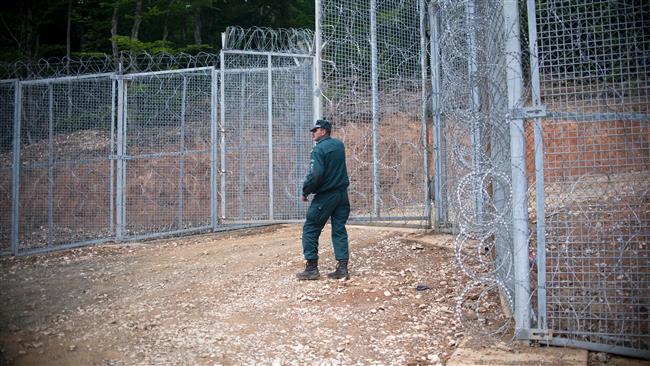
RNA - Donald Tusk, the president of the European Council, said on Friday, "I will appeal to all 27 leaders next week in Bratislava [Slovakia] to send concrete, operational support to Bulgaria to protect its border with Turkey, in the form of border guards and equipment."
The EU official made the remarks in the Estonian capital, Tallinn, following talks with Estonia’s Prime Minister Taavi Roivas.
EU leaders are scheduled to meet in the Slovakian capital, Bratislava, on September 16 to discuss ways to boost security in the European Union.
The route beginning from the Turkish territory and reaching the EU area via the Bulgarian land is one of the main ways to enter the bloc for refugees fleeing from conflict in the Middle East, especially Syria.
Cross-Mediterranean Sea journeys to either Greece or Italy are other routes chosen by refugees.
Tusk has been visiting European capitals in the recent past to gain support for more stringent security measures, particularly in regard to border control to stop the flow of refugees.
On September 4, Tusk told world leaders who had gathered at the G20 Summit in Hangzhou, China, that the EU was almost unable to take in more refugees and the onus was upon other countries to give asylum to refugees.
“The practical capability of Europe to host new waves of refugees… is close to limits,” he told reporters.
“The G20 community should scale up its share of responsibility,” Tusk stated.
He has repeatedly warned refugees not to seek asylum in the EU and head elsewhere instead. Nevertheless, hapless refugees trapped in war and persecution in conflict zones in the Middle East and North Africa have been flowing into the European continent over the past several years.
Many blame Western policies for the ensuing violence that has displaced millions of people in the Middle East, causing the huge refugee influx into Europe.
In March, the EU signed a controversial deal with Turkey aimed at stemming the flow of refugees into Europe by forcing those deported from the EU to either be allocated in Turkey or go back to the original conflict zones.
111/847/C